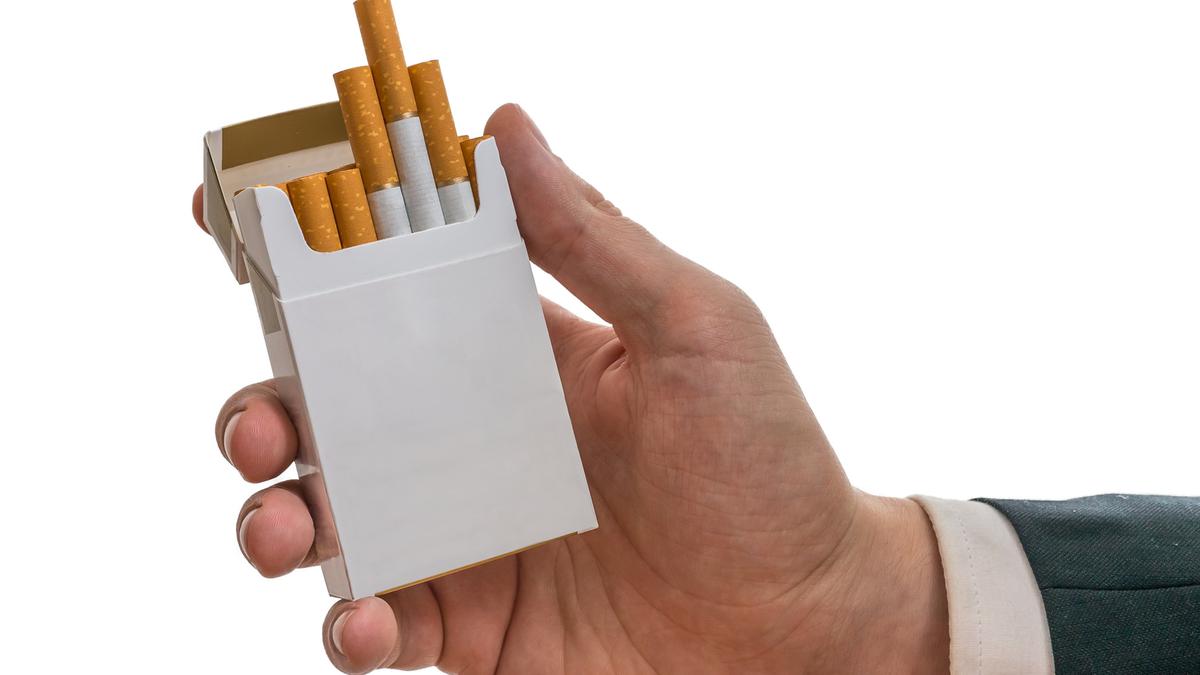
Brand New or Used Cars? Part 2
According to numerous news sources, Indonesians these days prefer to purchase old cars over brand-new ones. However, as stated in the previous article, our research

According to numerous news sources, Indonesians these days prefer to purchase old cars over brand-new ones. However, as stated in the previous article, our research

Pros and cons have arisen regarding the Indonesian government’s plan to implement a new policy of standardizing cigarette packaging without brand identity in the Draft

Many news reports said that people in 2024, Indonesians prefer to buy used cars instead of the new ones. Hence, Snapcart conducted research to discover

In today’s fast-paced digital world, the mass media industry faces a significant transformation. Social media platforms like TikTok have now started to catch many people’s

The planned increase in Indonesia’s Value-Added Tax (VAT) from 11% to 12% in January 2025 marks a critical shift in the country’s fiscal policy. This

Our recent study showed that the Baby Boomers generation buy and drink more UHT milk rather than the younger ones, and Ultra Milk is on
Stay up to date with our latest findings

In today’s fast-paced lifestyle, many Indonesians find themselves deeply attached to certain products that bring them comfort, entertainment, or simply a sense of satisfaction. What’s

In the first part of this post, we discovered that only 10% of Indonesians rely solely on shampoo without using other hair care products [1].

In a world where customer expectations, technology, and competition evolve rapidly, businesses cannot afford to stay stagnant. A strong brand today might feel outdated tomorrow

Indonesia, a nation known for its vibrant democracy, is currently experiencing a period of heightened social and political unrest. Recent large-scale protests, sparked by public

These days, the variety of hair care products has expanded significantly. Our recent survey in August 2025 discovers that more Indonesians are now paying attention

Financial anxiety is one of the strongest forces shaping consumer behavior in 2025. Rising living costs, global economic uncertainty, and household debt are pushing people